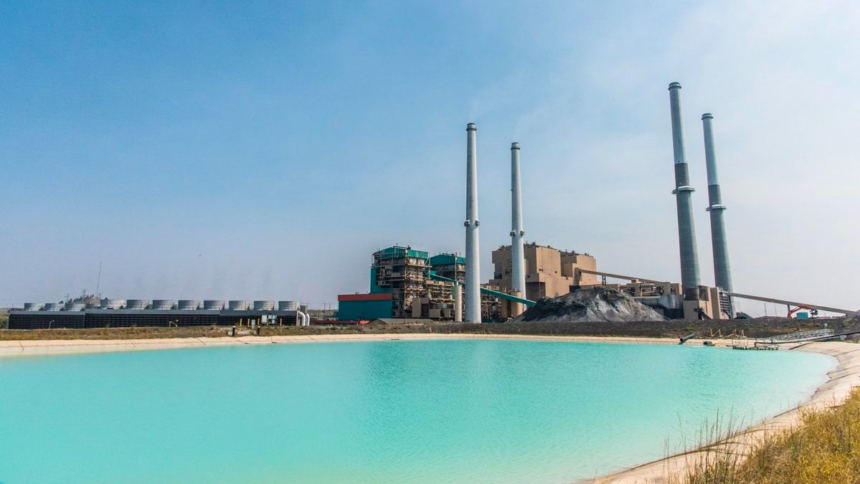Colstrip Power Plant owner Talen Energy, in its battle against tougher air pollution laws, is turning to a recent Supreme Court ruling weakening the EPA’s courtroom clout.
Talen advised the U.S. Court of Appeals for the D.C. Circuit that justices could no longer defer to EPA’s judgment on new emissions standards affecting Colstrip.
“Courts must exercise their independent judgment in deciding whether an agency has acted within its statutory authority” and “may not defer to an agency interpretation of the law simply because a statute is ambiguous,” Talen said in its advisory to the court.
At issue are new pollution standards requiring tighter control of mercury and air toxics and, for the first time, carbon dioxide emissions. In corporate filings Talen and power plant shareholder NorthWestern Energy indicate the new rules, formalized in May, could render Colstrip uneconomical.
Since 1984, courts have deferred to the interpretations of regulatory agencies on ambiguous laws when prudent, if courts determined agencies were being reasonable. That deference, commonly referred to as the Chevron Doctrine, ended July 10 when the Supreme Court ruled that judges should weigh the arguments of federal agencies but would have to use their own judgment.
Talen, which operates Colstrip, argues that the EPA’s judgment about when new rules are necessary shouldn’t be deferred to when an “ample margin” of protection to public health is already provided. Talen also questions whether incremental advancements in technology should empower the EPA to mandate pollution control upgrades.
The EPA counters that there are risks requiring more controls, even when ample margins on protection exist, and that technological advancements are most likely to be incremental rather than overnight revolutionary developments.
“Coal-fired units emit air toxics that cause serious health problems. Though risks are now much lower, they still exist — and these risks mattered to Congress” when it passed the Clean Air Act, the EPA said.
State greenhouse gas laws in Washington and Oregon already require the utilities with 70% ownership in Colstrip to exit the 1,480-megawatt coal-fired generator over the next six years.





